
Key fintech policy developments to watch in 2026
Regulatory initiatives across payments, digital assets, open finance and embedded finance are expected to progress this year.

Regulatory initiatives across payments, digital assets, open finance and embedded finance are expected to progress this year.

The Revenue Laws Amendment Act settles the treatment of provident and provident preservation fund members aged 55 or older on T-day.

Parliament reiterates concerns about financial management and governance highlighted in recent audit outcomes.

The Bill largely clarifies and strengthens existing AML/CFT expectations rather than introducing a new regulatory philosophy.

FNB has disbursed over R1 billion to Ithala customers and is sending about 5 000 SMS notifications per day to schedule branch visits.
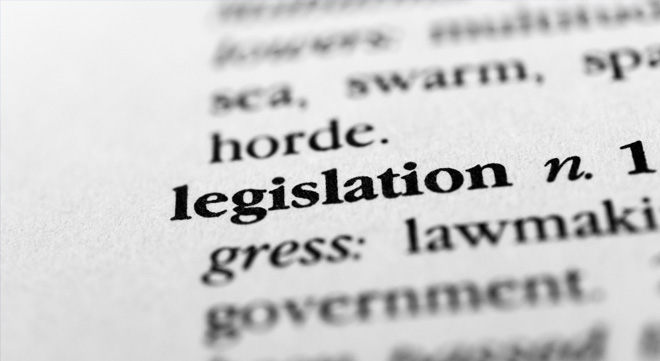
The Bill proposes that arrangements yielding outcomes similar to traditional financial products be treated as financial services.
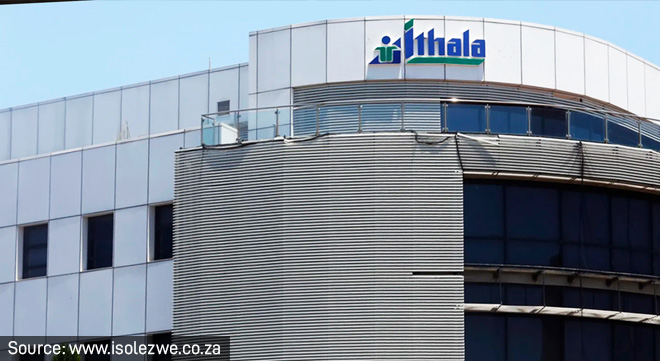
Treasury’s R2.2bn intervention ends an 11-month account freeze, unlocking payouts for Ithala’s 257 000 depositors while the liquidation case continues.
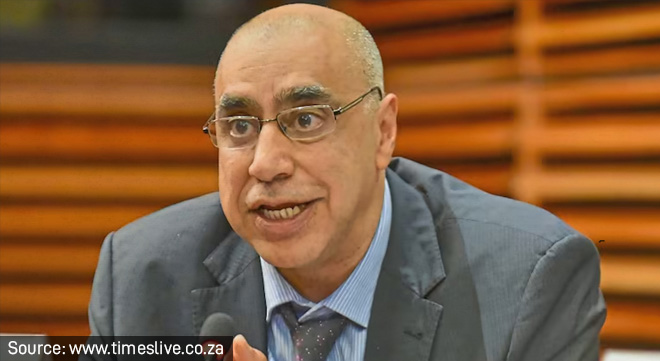
South Africa’s financial markets brace for the end of Jibar as SARB signals a major shift toward the more transparent, transaction-based ZARONIA benchmark.

Deputy DG Christopher Axelson tells Parliament Treasury will prioritise improved revenue collection and closing loopholes rather than further rate increases.
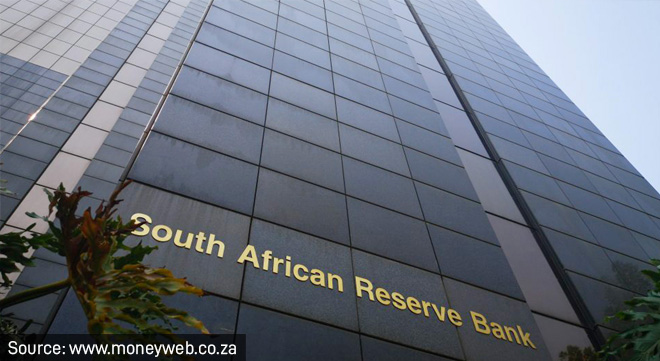
Top domestic Bitcoin wallets moved nearly R63bn offshore since 2019, spurring the SARB and Treasury to develop a cross-border crypto transaction framework.

The measure is expected to generate over R10bn, but Treasury says its primary aim is to deter harmful gambling behaviour.
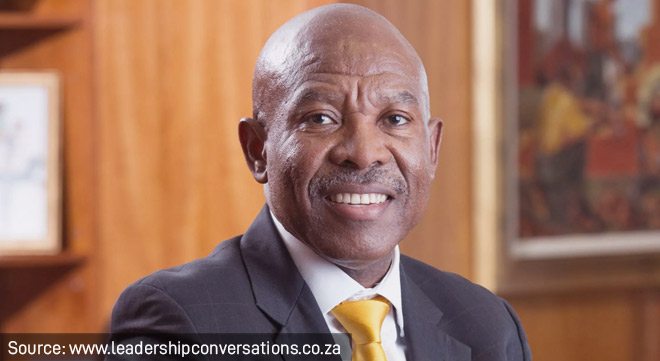
The MPC’s first rate cut in months underscores the SARB’s view that a lower target can support a gradual easing cycle.
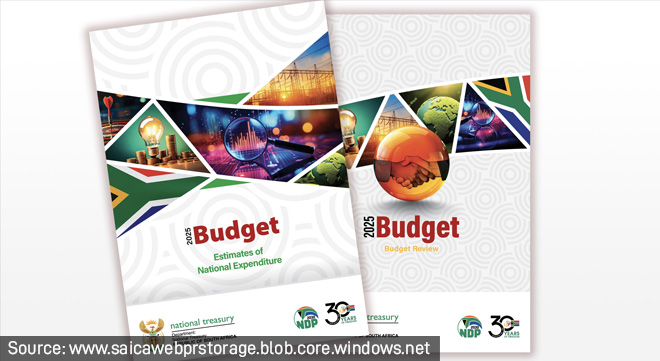
National Treasury is inviting submissions of technical tax proposals for possible inclusion in Annexure C of next year’s Budget Review.

The MTBPS raises the 2025/26 gross revenue estimate by R19.7bn but warns of a R15.7bn shortfall against Budget estimates for 2026/27.

Godongwana announces a shift from the 3%-to-6% range to a 3% target with a 1-percentage-point tolerance band, to be implemented over two years.

National Treasury has withdrawn its proposal that would have triggered capital gains tax when fund managers merge collective investment scheme portfolios.

VAT-registered schools will have to deregister from 1 January 2026, but the deemed output VAT on retained assets will only be payable the following year.